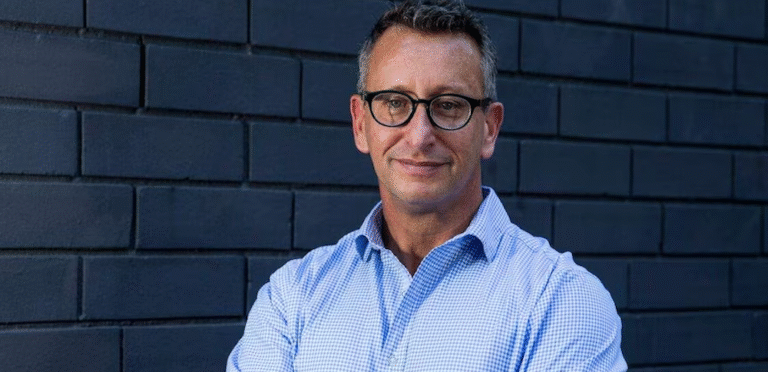
Will police crash the party – again?
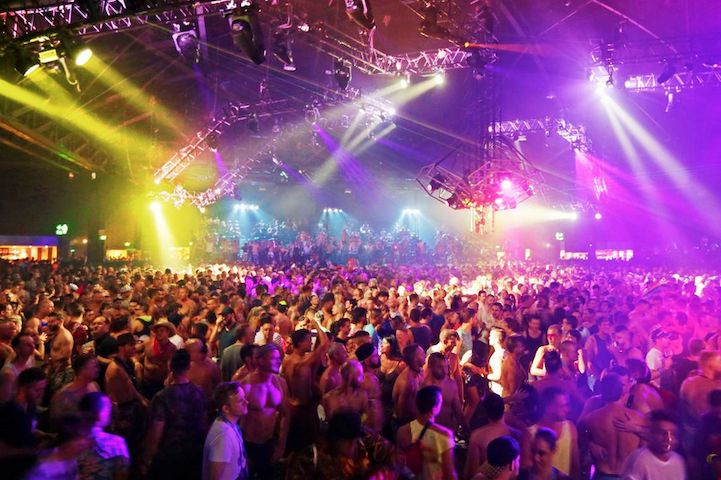
By Max Tillman
Forty-two years ago, police clashed with protesters at the first Mardi Gras march. Now, the constant presence of drug-detection dogs and strip searches at events and festivals across NSW looms over preparations for Mardi Gras 2020.
Sydney’s first Gay and Lesbian Mardi Gras on June 24th, 1978, was a celebration of love marked by violence.
With homosexuality still inscribed in The Crimes Act, the 78’ers- as those first marchers came to be known- were well aware of the risk.
Fifty-three people were arrested that evening, with more beaten and abused as the procession strayed from the ‘permission zone’ enforced by police.
“You can understand why that would have been a particularly traumatic experience for the entire gay community,’ said NSW State Greens justice spokesperson David Shoebridge.
“And that fear of the police has passed down inter-generationally.”
Many state politicians such as Shoebridge have raised concerns that the NSW Police are overstretching their drug detection strategies at festivals and events, with an NSW coronial inquest in September of 2019 finding that whilst strip-searching is legally enshrined as a ‘last resort’ for police, ‘the reality was far from that.’
“There is no doubt that events across the state are now being skewed towards the interests of police rather than the wishes of the attendees,” Shoebridge said.
Mardi Gras is anticipated to be well within the crosshairs of a war on drug-related crime.
But this year much has been done to reconcile a greater police presence with greater interest by the public in exercising their rights.
A History of Violence
In 2013, a widely circulated viral video of a man being violently arrested by police at Mardi Gras raised some deeply troubling questions about the relationship between the LGBIQ community and the NSW Police Force.
After multiple court rulings found police used excessive force on a number of revelers in 2013, Mardi Gras’ organisers began to reassess the way the LGBTI community interacted with police.
Fair Play is a collaborative project between Mardi Gras, The Inner City Legal Centre, and NSW Police launched in 2014 following the violence of the 2013 parade.
“Fair Play aims to educate and empower partygoers with information and advice about their legal rights,” said the Inner City Legal Centres principal solicitor Hilary Kincaid.
“NSW Police are an integral part, as they meet with us before and after the event, share statistics and allow us access to the police tent on the night.”
Despite the best efforts of Mardi Gras organisers to find common ground with the police, it can be fairly argued that this brave new world of reconciling Sydney’s events with the now normalised heavy police presence is an ominous sign for the future.
“NSW Police Commissioner Mick Fuller seems to take pride in people being fearful of police,” Greens justice spokesperson David Shoebridge said.
“That’s a very unhealthy attitude.”

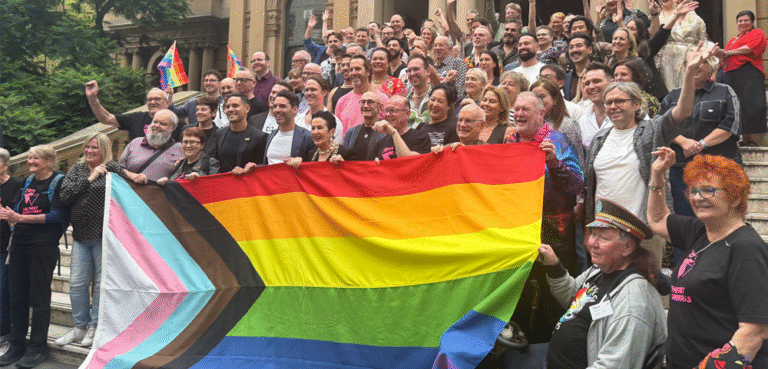
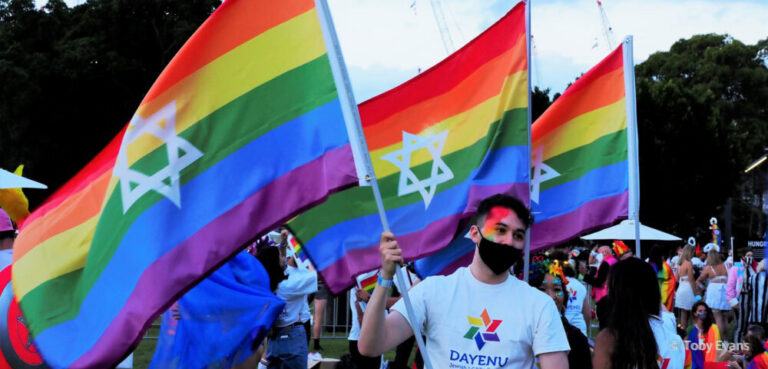
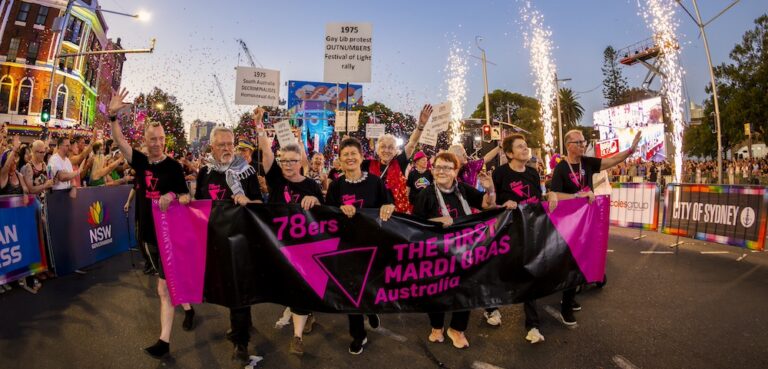
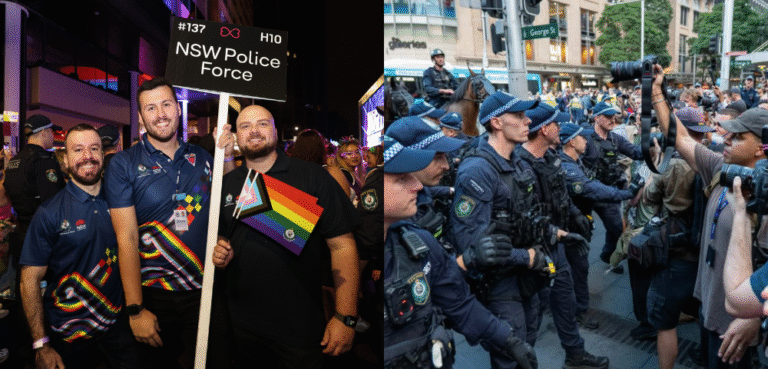
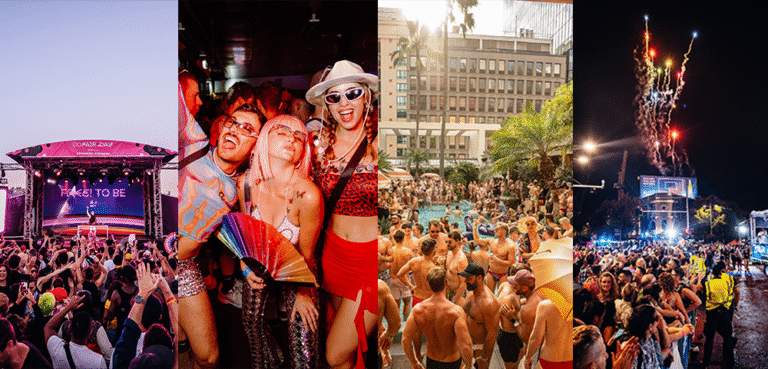
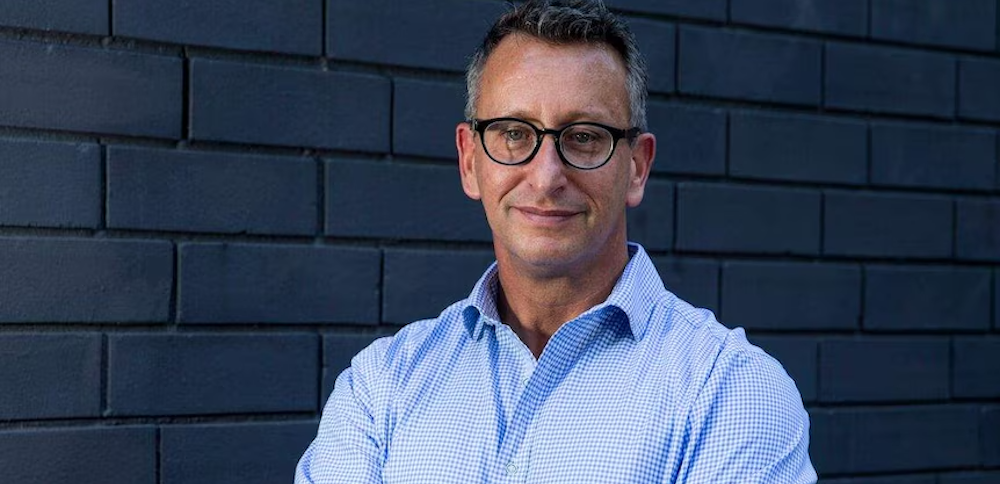
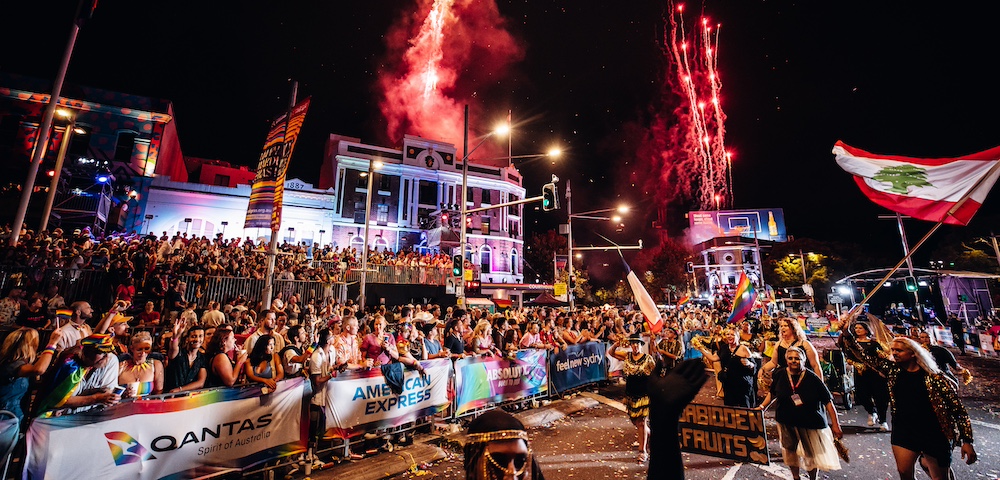
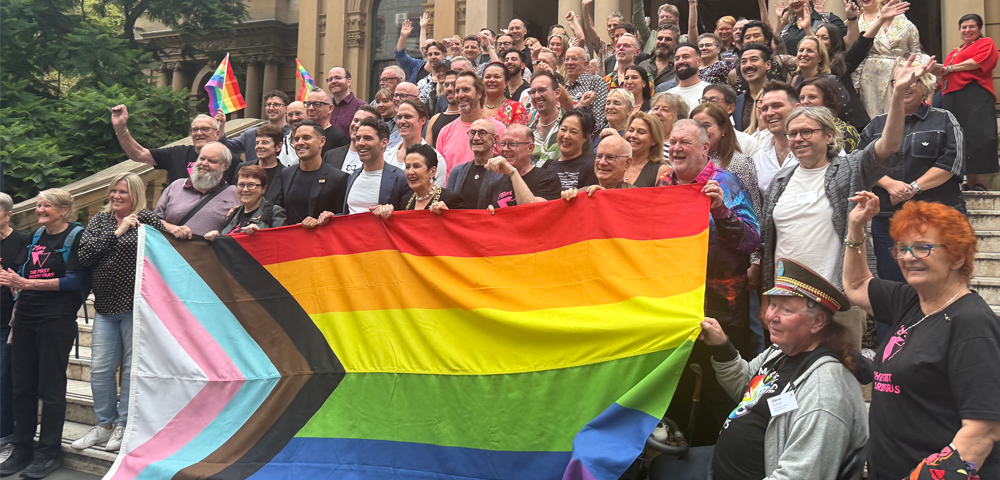
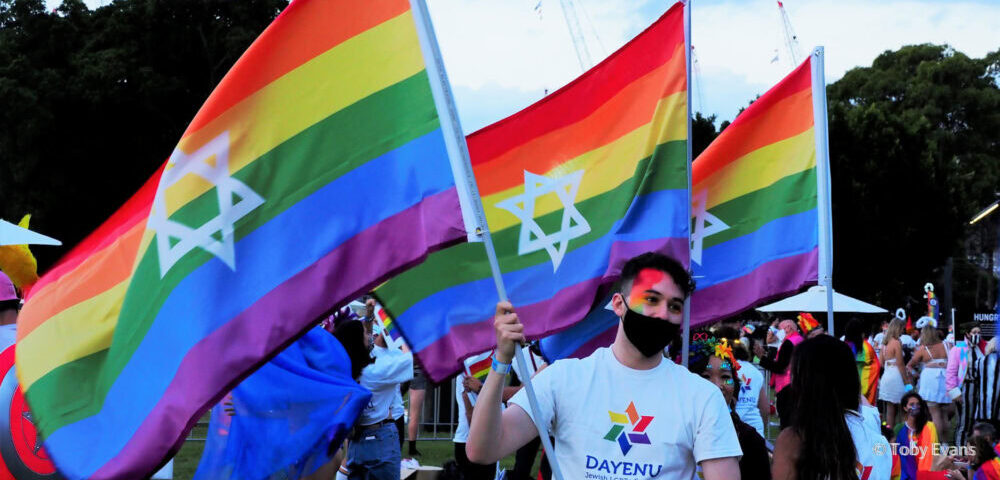
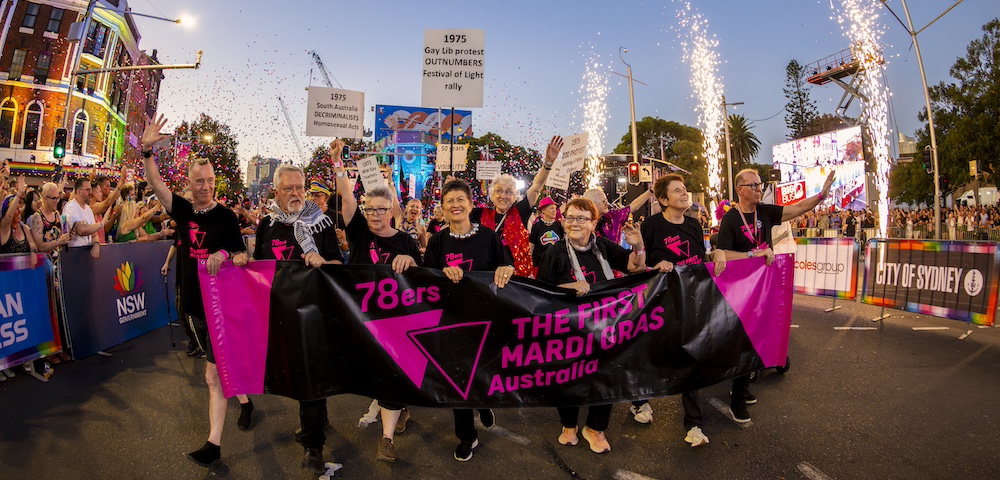
Mark Time Kind > MTK
Date 15/02/2020 > 22202000>VT2000
78Ers>7851819>1751988>1781985>1581987
Mardi>1311849>3111984>31 Jan 1984 Age 17
Gras>718119>191817>SRQ
Police Crimes
Police Coplie